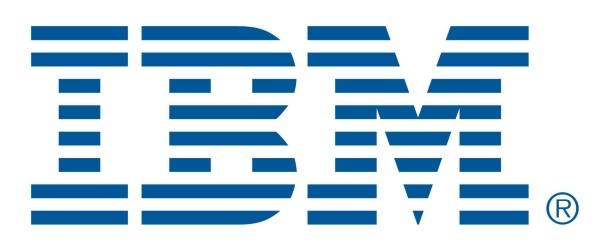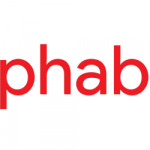Qiskit Machine Learning Designed to Add a Touch of Quantum Computing to Machine-Learning Models

(ZDNet) IBM is releasing a new module as part of its open-source quantum software development kit, Qiskit, to let developers leverage the capabilities of quantum computers to improve the quality of their machine-learning models.
Qiskit released the new module, with the promise that the program’s design enables developers to prototype a model even without expert knowledge of quantum computing.
For example, Qiskit Machine Learning provides QuantumKernel, a tool that computes kernel matrices for a given dataset into a quantum framework. This is the first step towards mapping data into an exponentially higher-dimensional feature space that can provide more accurate training for machine-learning models.
Finally, Qiskit Machine Learning allows users to integrate their new quantum neural networks directly into the PyTorch open-source machine-learning library. A Facebook-developed platform, the PyTorch library is primarily used for applications such as computer vision and natural language processing.
Machine learning is a branch of artificial intelligence that is now widely used in almost every industry. The technology is capable of crunching through ever-larger datasets to identify patterns and relationships, and eventually discover the best way to calculate an answer to a given problem.
Researchers and developers, therefore, want to make sure that the software comes up with the most optimal model possible – which means expanding the amount and improving the quality of the training data that is fed to the machine-learning software. This process inevitably comes with higher costs and much longer training times.



















